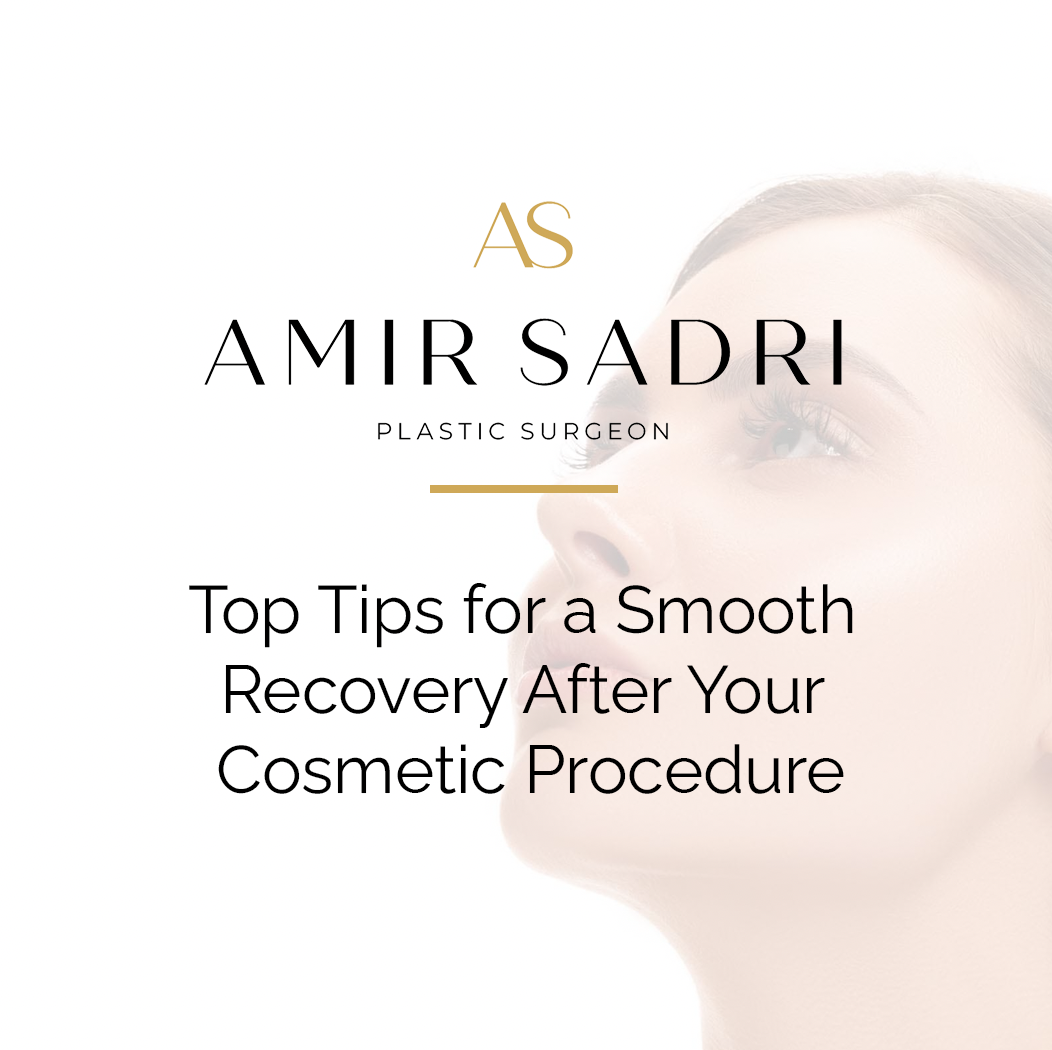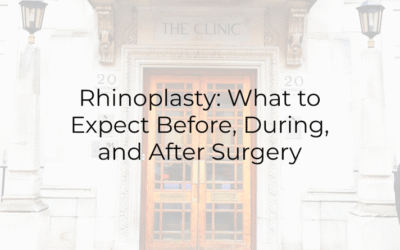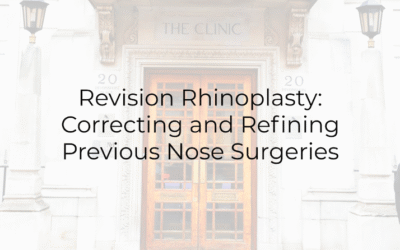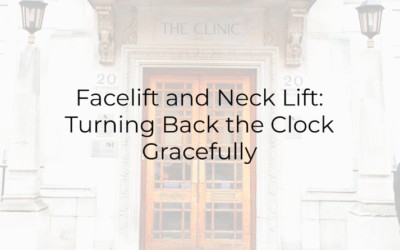1. Follow Your Surgeon’s Instructions Carefully
Your surgeon will provide detailed post-operative care instructions tailored to your specific procedure. These guidelines are crucial for a smooth recovery and optimal results. Whether it’s how to care for your incisions, which medications to take, or when to resume normal activities, adhering to these instructions will help minimize complications and promote healing.
2. Rest and Take It Easy
After your procedure, your body needs time to heal. Rest is essential during the first few days after surgery, so take time off work and avoid strenuous activities. This will not only help you recover faster but also reduce the risk of complications such as swelling, bruising, and bleeding. Remember, even if you feel better, it’s important to gradually ease back into your routine rather than rushing into it.
3. Manage Pain and Discomfort
Some degree of pain or discomfort is normal after cosmetic surgery, but it can be managed effectively with prescribed medications. Take pain relievers as directed by your surgeon, and don’t hesitate to reach out if your pain is not adequately controlled. Over-the-counter painkillers, cold compresses, and gentle massages (when recommended) can also help reduce discomfort.
4. Keep Your Head Elevated
For facial procedures such as facelifts or rhinoplasty, keeping your head elevated while resting or sleeping is critical. This helps reduce swelling and prevents blood from pooling in the treated areas. Use extra pillows or a reclining chair to keep your head above your heart level, especially during the first week of recovery.
5. Stay Hydrated and Eat Nutritiously
Proper nutrition plays a significant role in the healing process. Drink plenty of water to stay hydrated and support your body’s natural healing mechanisms. Focus on a diet rich in vitamins, minerals, and protein to help repair tissues and reduce inflammation. Avoid salty foods, as they can contribute to swelling, and steer clear of alcohol, which can interfere with medications and delay recovery.
6. Avoid Smoking and Alcohol
Smoking and alcohol can significantly impair your body’s ability to heal. Smoking restricts blood flow and can lead to complications such as poor wound healing or infection. Alcohol can thin your blood and increase the risk of bleeding. It’s best to avoid both substances before and after your procedure to ensure a smooth recovery and optimal results.
7. Be Gentle with Your Incisions
Proper care of your incisions is essential to prevent infection and minimize scarring. Keep your incisions clean and dry, and follow your surgeon’s instructions on how to care for them. Avoid applying any creams, lotions, or makeup to the area unless specifically instructed to do so. Additionally, avoid direct sun exposure to your incisions, as UV rays can darken scars and affect the healing process.
8. Wear Compression Garments if Recommended
For certain procedures, such as liposuction or tummy tucks, your surgeon may recommend wearing compression garments. These garments help reduce swelling, improve circulation, and support your body’s new contours. Be sure to wear them as instructed, even if they feel uncomfortable at first, as they play a crucial role in your recovery.
9. Monitor Your Progress
Keep an eye on your recovery progress and watch for any signs of complications, such as excessive swelling, bleeding, or unusual pain. If you notice anything concerning, don’t hesitate to contact your surgeon immediately. Regular follow-up appointments are also important to ensure that your recovery is on track and to address any questions or concerns you may have.
10. Be Patient with Your Results
It’s natural to be eager to see the final results of your cosmetic procedure, but it’s important to be patient. Swelling and bruising can take weeks or even months to fully subside, and your body needs time to heal. Trust the process, and remember that your results will continue to improve as your body recovers.
Conclusion
Recovering from a cosmetic procedure requires time, care, and patience, but by following these tips, you can help ensure a smooth and successful healing process. Remember, your surgeon is your best resource for personalized advice and support during your recovery. By taking the necessary steps to care for yourself, you’ll be on your way to enjoying the beautiful results of your cosmetic procedure.




